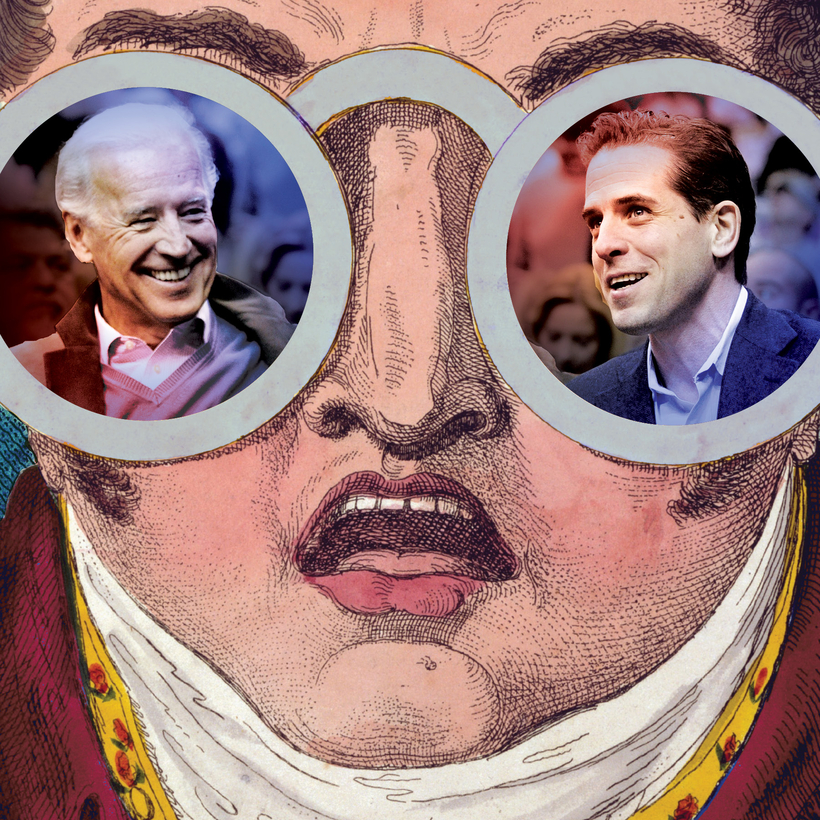We need to talk about Hunter.
And not just those egregious gigs in Ukraine and China that Joe Biden’s son accepted while his father was vice president. Now his father is president, he is the target of a criminal investigation by the Justice Department, and Hunter Biden is still not keeping his head down. Since the inauguration, we’ve learned that Biden’s younger son is publishing Beautiful Things, a memoir about his addiction (with blurbs by Stephen King and Dave Eggers), for which he was reportedly paid as much as $2 million; we have been told that he has plans to have his paintings shown at a prominent New York gallery, and he just moved into a $5.4 million house in Venice, California.


